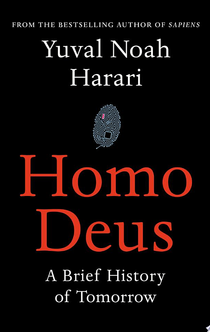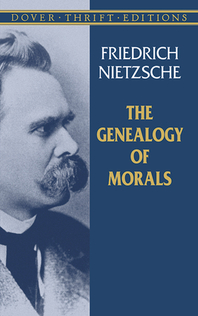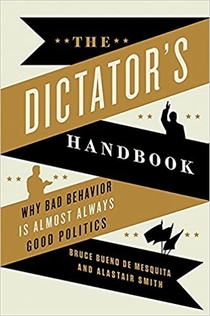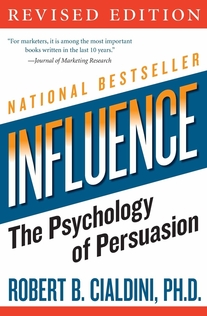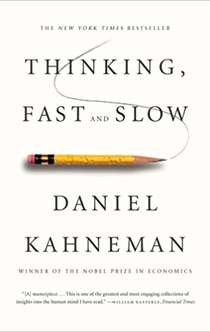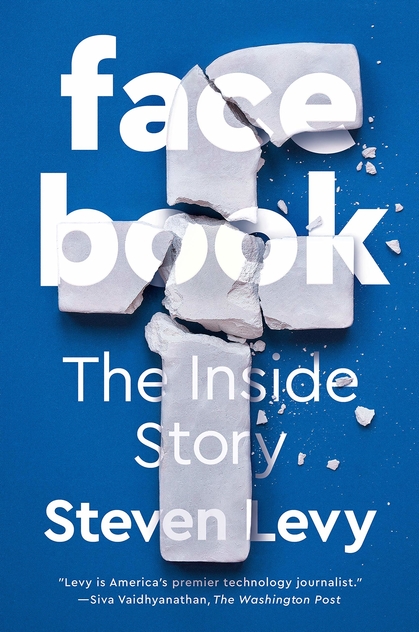
Mark Manson Books - 46 Recommendations for All Time
Mark Manson
Mark Manson recommended books or the all-time favorites. 46 books recommended by Mark Manson.
This is a list of the books he's read and loved so much that he recommends them as the best compilation of books to read ever.
Mark Manson books here are in no particular order and without comments, because he wanted you to do your own research and pick a book that will reward you with an interesting plot and valuable information.
The genres are absolutely different, so you will be able to find something suitable for your taste. Most of the Mark Manson reading list books are bestsellers or highly regarded pieces of work, so it is 100% worth your time.
This booklist is constantly updated, as soon as Mark adds another book to his preferences.
Check out Mark Manson Books - 46 top recommendations!
See all
0
likes
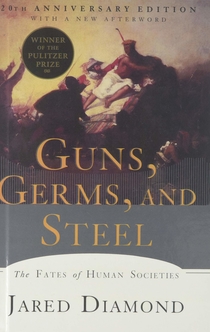
Guns, Germs and Steel
'A book of big questions, and big answers' Yuval Noah Harari, bestselling author of Sapiens Why has human history unfolded so differently across the globe? And what can it teach us about our current crisis? Jared Diamond puts the case that geography and biogeography, not race, moulded the contrasting fates of Europeans, Asians, Native Americans, sub-Saharan Africans, and aboriginal Australians. An ambitious synthesis of history, biology, ecology and linguistics, Guns, Germs and Steel is a ground-breaking and humane work of popular science that can provide expert insight into our modern world. **WINNER OF THE PULITZER PRIZE** **Over One Million Copies Sold**
See all
Behind the Beautiful Forevers
Annawadi is a slum at the edge of Mumbai Airport, in the shadow of shining new luxury hotels. Its residents are garbage recyclers and construction workers, economic migrants, all of them living in the hope that a small part of India's booming future will eventually be theirs. But when a crime rocks the slum community and global recession and terrorism shocks the city, tensions over religion, caste, sex, power, and economic envy begin to turn brutal. As Boo gets to know those who dwell at Mumbai's margins, she evokes an extraordinarily vivid and vigorous group of individuals flourishing against the odds amid the complications, corruptions and gross inequalities of the new India.
See all
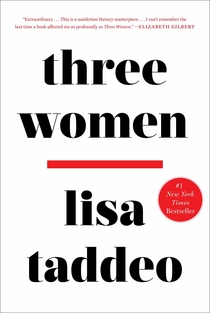
Three Women
#1 NEW YORK TIMES BESTSELLER * #1 SUNDAY TIMES BESTSELLER * #1 INDIE NEXT PICK Named a Best Book of the Year: The Washington Post * NPR * The Atlantic * New York Public Library * Vanity Fair * PBS * Time * Economist * Entertainment Weekly * Financial Times * Shelf Awareness * Guardian * Sunday Times * BBC * Esquire * Good Housekeeping * Elle * Real Simple * And more than twenty additional outlets “Staggeringly intimate...Taddeo spent eight years reporting this groundbreaking book.” —Entertainment Weekly “A breathtaking and important book…What a fine thing it is to be enthralled by another writer’s sentences. To be stunned by her intellect and heart.” —Cheryl Strayed “Extraordinary...This is a nonfiction literary masterpiece...I can't remember the last time a book affected me as profoundly as Three Women.” —Elizabeth Gilbert “A revolutionary look at women's desire, this feat of journalism reveals three women who are carnal, brave, and beautifully flawed.” —People (Book of the Week) A riveting true story about the sex lives of three real American women, based on nearly a decade of reporting.Lina, a young mother in suburban Indiana whose marriage has lost its passion, reconnects with an old flame through social media and embarks on an affair that quickly becomes all-consuming. Maggie, a seventeen-year-old high school student in North Dakota, allegedly engages in a relationship with her married English teacher; the ensuing criminal trial turns their quiet community upside down. Sloane, a successful restaurant owner in an exclusive enclave of the Northeast, is happily married to a man who likes to watch her have sex with other men and women. Hailed as “a dazzling achievement” (Los Angeles Times) and “a riveting page-turner that explores desire, heartbreak, and infatuation in all its messy, complicated nuance” (The Washington Post), Lisa Taddeo’s Three Women has captivated readers, booksellers, and critics—and topped bestseller lists—worldwide. Based on eight years of immersive research, it is “an astonishing work of literary reportage” (The Atlantic) that introduces us to three unforgettable women—and one remarkable writer—whose experiences remind us that we are not alone.
See all
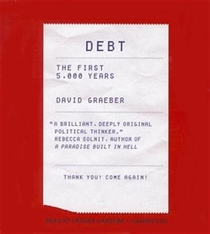
Debt
Now in paperback: David Graeber's “fresh . . . fascinating . . . thought-provoking . . . and exceedingly timely” (Financial Times) history of debt Here anthropologist David Graeber presents a stunning reversal of conventional wisdom: he shows that before there was money, there was debt. For more than 5,000 years, since the beginnings of the first agrarian empires, humans have used elaborate credit systems to buy and sell goods—that is, long before the invention of coins or cash. It is in this era, Graeber argues, that we also first encounter a society divided into debtors and creditors. Graeber shows that arguments about debt and debt forgiveness have been at the center of political debates from Italy to China, as well as sparking innumerable insurrections. He also brilliantly demonstrates that the language of the ancient works of law and religion (words like “guilt,” “sin,” and “redemption”) derive in large part from ancient debates about debt, and shape even our most basic ideas of right and wrong. We are still fighting these battles today without knowing it.
See all
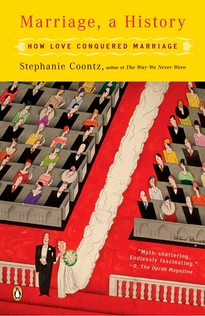
Marriage, a History
Just when the clamor over "traditional" marriage couldn’t get any louder, along comes this groundbreaking book to ask, "What tradition?" In Marriage, a History, historian and marriage expert Stephanie Coontz takes readers from the marital intrigues of ancient Babylon to the torments of Victorian lovers to demonstrate how recent the idea of marrying for love is—and how absurd it would have seemed to most of our ancestors. It was when marriage moved into the emotional sphere in the nineteenth century, she argues, that it suffered as an institution just as it began to thrive as a personal relationship. This enlightening and hugely entertaining book brings intelligence, perspective, and wit to today’s marital debate.
See all
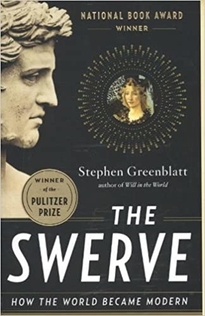
The Swerve
Nearly six hundred years ago, On the Nature of Things by Lucretius was discovered on a library shelf. The book was the last surviving manuscript of an ancient Roman philosophical epic, filled with dangerous ideas: that the universe functioned without the aid of gods, that religious fear was damaging to human life and that matter was made up of very small particles in eternal motion. The copying and translation of this ancient book fuelled the Renaissance, inspiring artists such as Botticelli and thinkers such as Giordano Bruno; shaped the thought of Galileo and Freud, Darwin and Einstein; and had revolutionary influence on writers from Montaigne to Thomas Jefferson.
See all
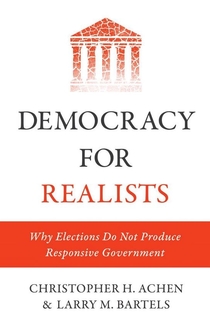
Democracy for Realists
Democracy for Realists assails the romantic folk-theory at the heart of contemporary thinking about democratic politics and government, and offers a provocative alternative view grounded in the actual human nature of democratic citizens.Christopher Achen and Larry Bartels deploy a wealth of social-scientific evidence, including ingenious original analyses of topics ranging from abortion politics and budget deficits to the Great Depression and shark attacks, to show that the familiar ideal of thoughtful citizens steering the ship of state from the voting booth is fundamentally misguided. They demonstrate that voters—even those who are well informed and politically engaged—mostly choose parties and candidates on the basis of social identities and partisan loyalties, not political issues. They also show that voters adjust their policy views and even their perceptions of basic matters of fact to match those loyalties. When parties are roughly evenly matched, elections often turn on irrelevant or misleading considerations such as economic spurts or downturns beyond the incumbents' control; the outcomes are essentially random. Thus, voters do not control the course of public policy, even indirectly.Achen and Bartels argue that democratic theory needs to be founded on identity groups and political parties, not on the preferences of individual voters. Democracy for Realists provides a powerful challenge to conventional thinking, pointing the way toward a fundamentally different understanding of the realities and potential of democratic government.
See all

